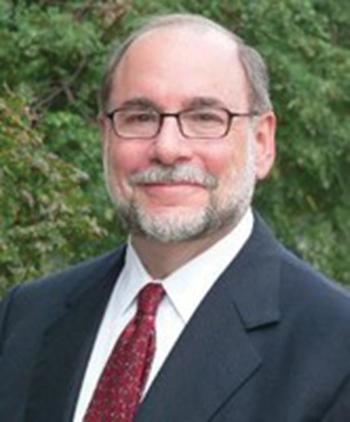
Like all things in our technologically advanced society, for all hard-working, empathy-challenged doctors comes a new and easy, although not painless, way to gain empathic ability...an empathy gadget?

Like all things in our technologically advanced society, for all hard-working, empathy-challenged doctors comes a new and easy, although not painless, way to gain empathic ability...an empathy gadget?
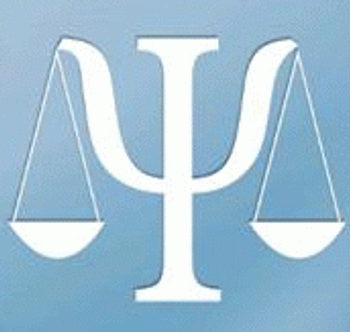
What factors come into play in the diagnosis of tardive dyskinesia? How is TD distinguished from other movement disorders? Find out more in this quiz.

Here: a review of prevalence, impact, etiology and pathophysiology, differential diagnosis, and treatment.
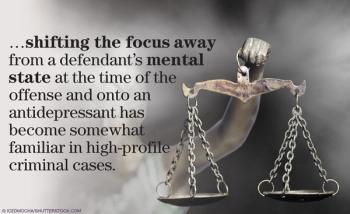
Neither time nor science has given pause to some attorneys who exploit the misunderstanding that surrounds the putative "criminogenic" effects of antidepressants.
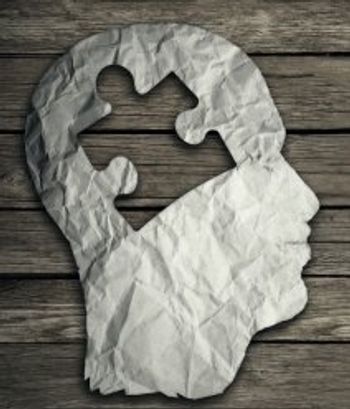
Grief vs depression? MDD vs depressive episodes? SGAs in treatment-resistant depression? Treatment-emergent sexual dysfunction? Insights in this Q&A.

We are using 4 different approaches to bipolar diagnosis, according to the author of this commentary.
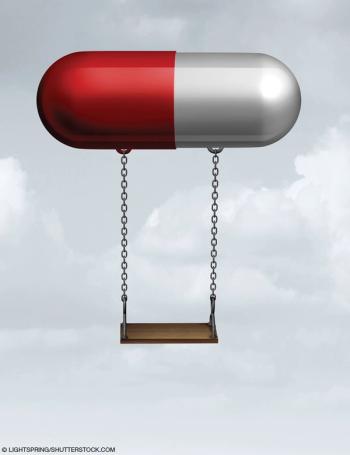
This article focuses on appropriate versus inappropriate use of antipsychotics, the importance of careful assessment, and the consequences of not treating.

What's the optimal strategy toward recovery from opioid use disorder? Which treatment for nicotine addiction has the most favorable adverse-effect profile?

Here: a Q&A about diagnostic challenges in the real world; pharmacologic and non-medication options; and management of common adverse events in patients with DSM-5 bipolar and related disorders.

Although Asperger disorder is now included as part of the overall autism spectrum disorder, some say Pandora’s box has been opened.
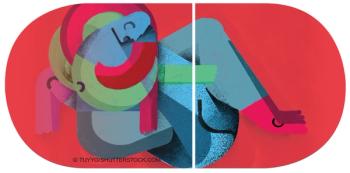
MAOIs deserve special consideration in the treatment of refractory depression. Here's a case in point.

County hospital GYN clinic back in the days of Power to the People, five hours for 50 women stirruped by our clinic nurse...
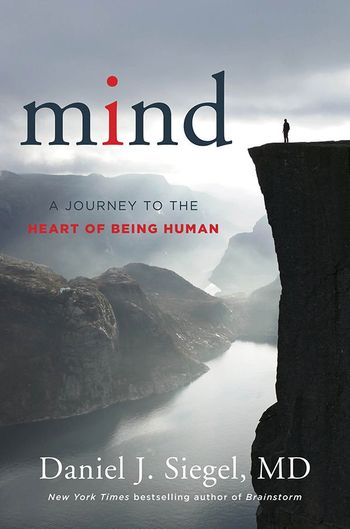
How might a better understanding of the mind enhance someone’s life and optimize a clinical encounter?

Schizophrenia and T2 DM risk; short-term weight gain with specific antipsychotics; interventions to reduce weight and/or metabolic abnormalities. . .answers here.

How much should you reveal about yourself to your patients? To colleagues? To the state medical society? H. Steven Moffic, MD, takes a look at this issue in this video.

A lighthearted exploration of Erikson’s stages through residency training.

The Slenderman case revives a long-standing debate: does media exposure influence acts of violence in youth?
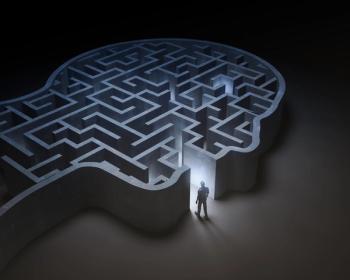
Six fundamental assumptions underlie the medical model most psychiatrists use in their clinical work.

A look at the impact of shift work and long hours on cognitive function.

Do prolactin-elevating antipsychotics put women at risk for endometrial cancer?

Recent events in Charlottesville are poignant reminders that the wounds caused by bigotry and racism leave a deep imprint on our spirit, bodies, and psyche.
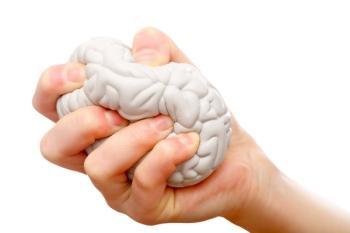
Like the cardiac stress test, mental health stress tests might help patients recognize their own psychiatric vulnerabilities. Would you take such a stress test if it were available?
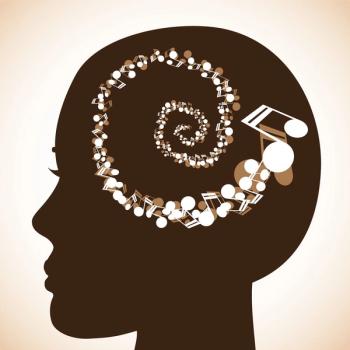
When the soloist lowers her Strad and takes a bow, she reveals the violin’s mark on her throat, which makes me think of Mozart...

Which gene is not associated with risk for the development of TD? What is the prevalence of TD in patients with schizophrenia treated with antipsychotics? Those questions and more in this quiz.
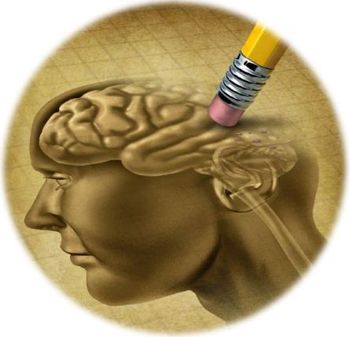
Here: what psychiatrists need to know about frontotemporal dementia. Case examples convey the variety of possible psychiatric presentations of behavioral variant FTD.

The author presents a fictionalized case based on a real patient to encourage colleagues to pursue psychodynamic psychiatry.
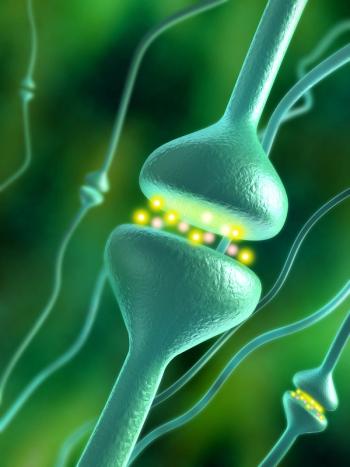
This articles focuses on the psychiatric and neurological implications of anti-NMDA receptor encephalitis.

Here's how I've managed to get my own mind off the news. What about you?

As I’ve seen in my parents’ remarkable journey from the doomed Jewish ghetto in Lodz, Poland, and in my psychiatry practice, photographs have immense power to heal.
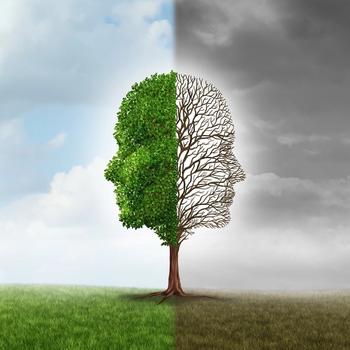
A spectrum approach to diagnosis.